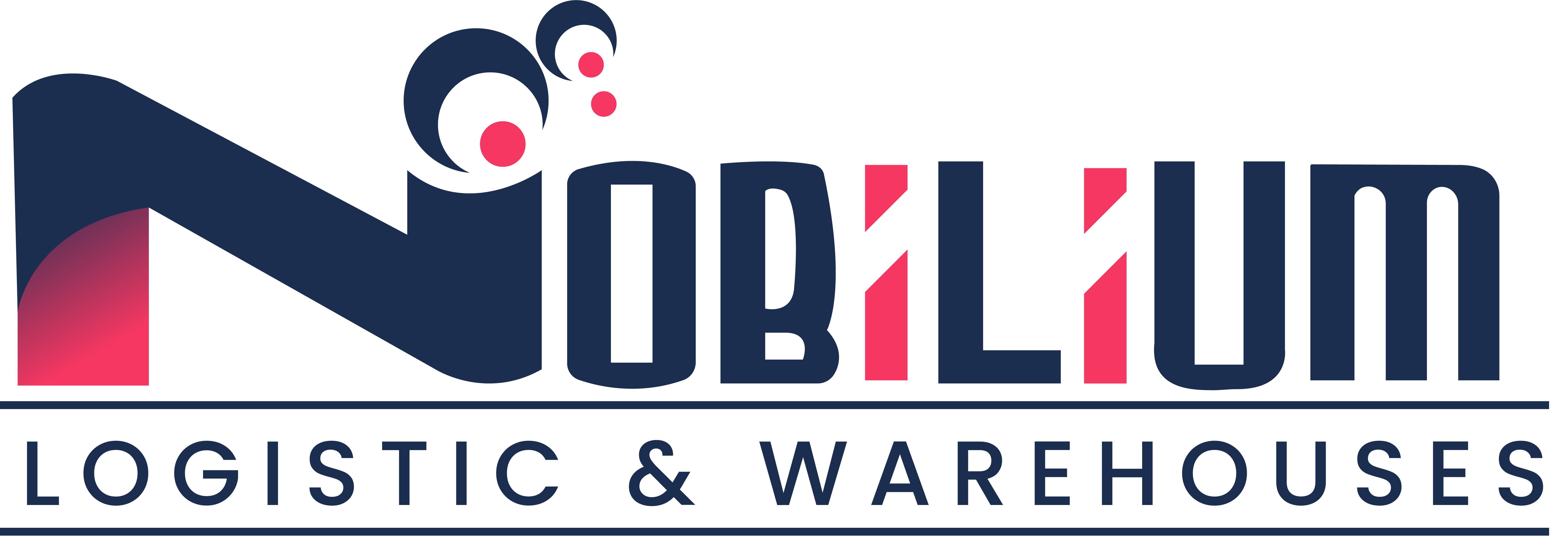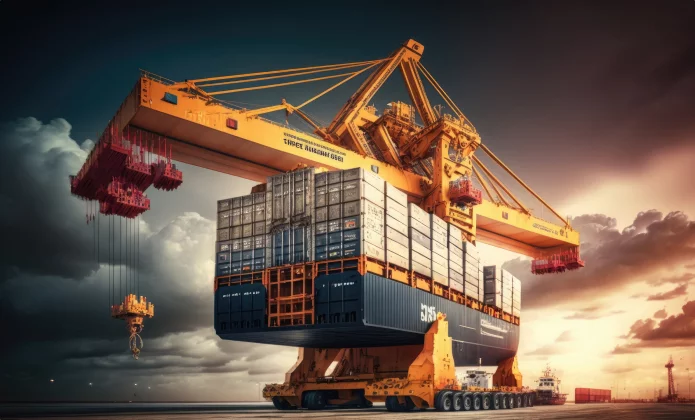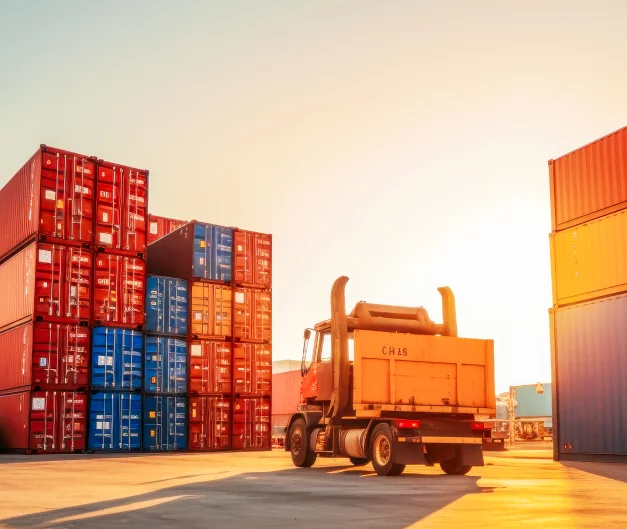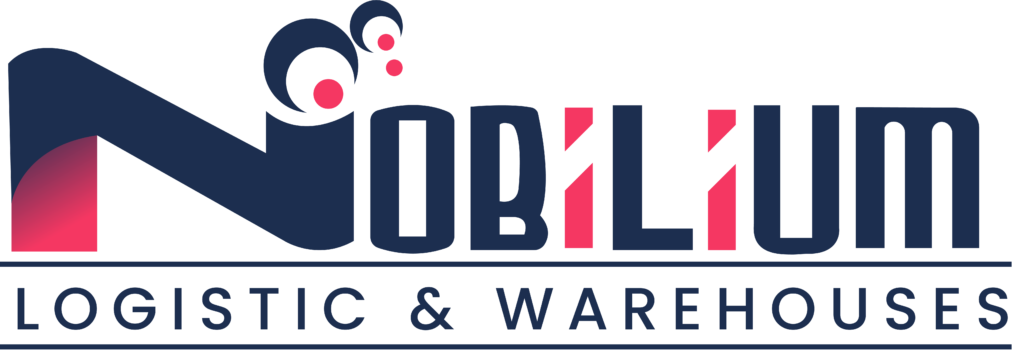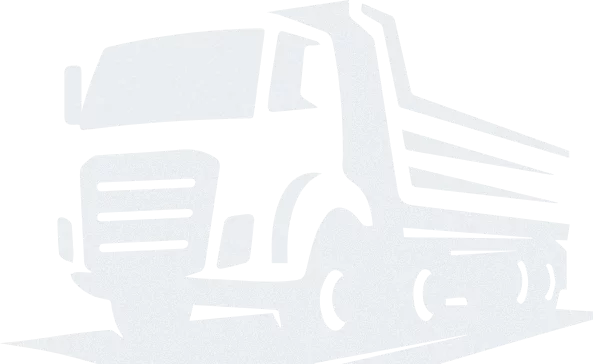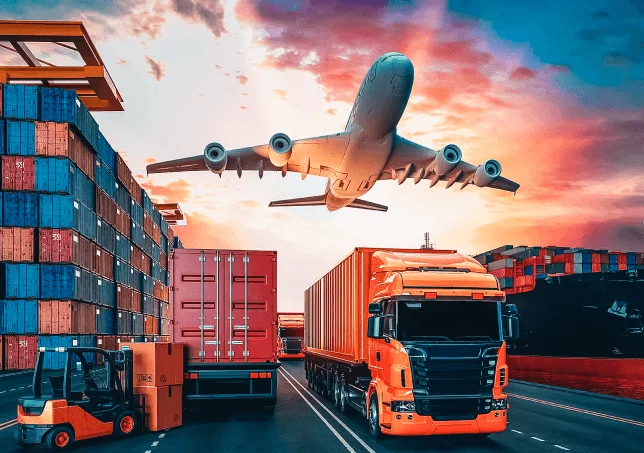
The Rise of Automation in Logistics and Warehousing.
The logistics and warehousing sectors are experiencing a seismic shift driven by automation and advanced technologies. As businesses strive to meet the increasing demands of consumers for faster deliveries and seamless service, automating various processes has become crucial. From warehouse operations to supply chain management, automation is not just a trend; it’s a necessity for companies looking to stay competitive in today’s fast-paced market. Let’s delve into the latest trends and technologies that are shaping the future of automation in logistics and warehousing.
“Embracing sustainability in logistics is not merely an option; it’s a commitment to a healthier planet and a thriving future for our industry.”
– Michael Harrison
- Robotic Process Automation (RPA)
Robotic Process Automation (RPA) is revolutionizing how logistics companies operate. By automating repetitive and time-consuming tasks, RPA enhances efficiency and reduces human error. Here are some applications of RPA in logistics:
- Data Entry and Management: RPA can automate data entry processes, allowing logistics companies to manage inventory levels, shipment tracking, and order processing more efficiently. This leads to faster decision-making and improved accuracy.
- Invoice Processing: RPA streamlines invoice processing by automating tasks such as invoice verification, approval workflows, and payment processing. This reduces the time spent on administrative tasks and ensures timely payments to suppliers.
- Warehouse Robotics
Automation in warehousing is increasingly being driven by advanced robotics. These robots are designed to perform various tasks, enhancing operational efficiency and accuracy. Some notable applications include:
- Automated Guided Vehicles (AGVs): AGVs navigate through warehouses to transport goods from one location to another. They optimize the movement of inventory, reducing the time and labor required for manual handling.
- Robotic Picking Systems: Robots equipped with sophisticated sensors and artificial intelligence can identify, pick, and pack products with precision. This technology significantly reduces picking errors and speeds up the fulfillment process.
- Artificial Intelligence and Machine Learning
Artificial Intelligence (AI) and Machine Learning (ML) are playing pivotal roles in automating logistics and warehousing operations. These technologies analyze vast amounts of data to optimize processes and improve decision-making.
- Demand Forecasting: AI-driven algorithms can predict demand patterns based on historical data, seasonal trends, and market conditions. This helps companies optimize inventory levels, reducing excess stock and minimizing stockouts.
- Dynamic Routing: AI can analyze real-time data to optimize delivery routes, taking into account traffic patterns, weather conditions, and delivery windows. This leads to improved delivery times and reduced fuel consumption.
- Smart Warehousing Solutions
Smart warehousing is transforming traditional warehouse operations by integrating IoT devices and sensors. These technologies enable real-time visibility and control over inventory and processes.
- IoT Sensors: IoT sensors can monitor the condition of goods in storage, track inventory levels, and provide alerts for low stock or temperature-sensitive items. This ensures optimal storage conditions and reduces waste.
- Connected Systems: Smart warehouses leverage connected systems to automate tasks such as inventory management, order processing, and shipment tracking. This holistic approach enhances efficiency and reduces operational costs.
- Blockchain Technology
Blockchain technology is gaining traction in logistics and warehousing as a means of enhancing transparency and traceability. Here’s how it can automate processes:
- Secure Transactions: Blockchain creates a secure and tamper-proof record of transactions, ensuring that all parties have access to the same information. This reduces disputes and enhances trust among stakeholders.
- Smart Contracts: Smart contracts can automate various logistics processes, such as payment releases upon successful delivery or completion of conditions. This streamlines workflows and reduces administrative burdens.
- Cloud-Based Logistics Management Systems
Cloud-based logistics management systems are transforming how companies manage their operations. These platforms offer automation features that enhance collaboration and efficiency.
- Real-Time Collaboration: Cloud-based systems allow teams to collaborate in real-time, providing visibility into inventory levels, order statuses, and shipment tracking. This fosters better communication and coordination among stakeholders.
- Scalability: Cloud solutions enable companies to scale their logistics operations quickly in response to changing market demands. This flexibility is essential for adapting to fluctuations in customer requirements.
- The Future of Automation in Logistics
As technology continues to advance, the future of automation in logistics and warehousing looks promising. Here are a few trends to watch:
- Increased Use of Drones: Drones are expected to play a significant role in last-mile delivery, offering faster and more efficient shipping options, particularly in urban areas.
- Further Integration of AI and Robotics: The synergy between AI and robotics will continue to grow, leading to more sophisticated automated systems that enhance overall efficiency and accuracy in logistics operations.
- Sustainability Integration: Automation technologies will increasingly focus on sustainability, optimizing routes and operations to reduce emissions and enhance resource efficiency.
Conclusion
The rise of automation in logistics and warehousing is reshaping the industry, enabling companies to improve efficiency, reduce costs, and enhance customer satisfaction. As businesses embrace these advanced technologies, the future of logistics looks set to be faster, smarter, and more responsive to market demands.
At Nobilium Logistics, we are committed to harnessing the power of automation to provide innovative and efficient logistics solutions tailored to our clients’ needs.

